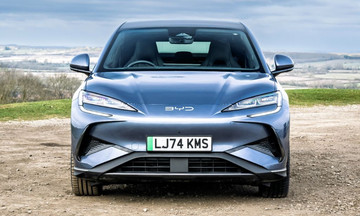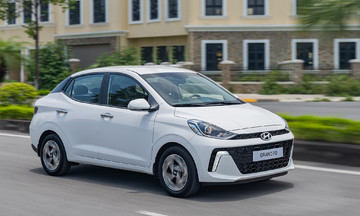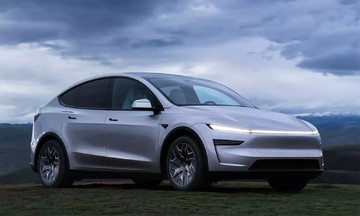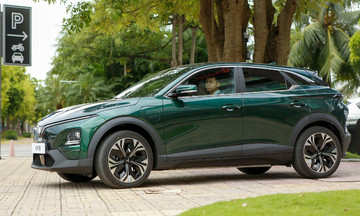A heated debate has erupted over the use of consumer-grade chips in vehicles after Li Fenggang, FAW-Audi's deputy general manager, released a video emphasizing the key differences between consumer electronics and automotive chips. He stated that "cars are not fast-moving consumer goods" and Audi "will not experiment on users,".
Li's comments come amid increasing discussion, particularly following the release of the Xiaomi YU7, which reportedly uses the consumer-grade Qualcomm Snapdragon 8 Gen 3 chip for its cockpit system. This has led to widespread scrutiny from the public and the industry regarding the reliability and safety of these components in automotive applications.
Li detailed the fundamental differences between the two types of chips, addressing the perception among some automakers that consumer chips offer superior computing power and sufficient safety. He clarified that automotive chips must pass a series of stringent international certifications, including AEC-Q, ISO 26262, and IATF 16949. Consumer chips, however, are typically used in electronics ranging from smartphones and computers to televisions and smart home appliances.
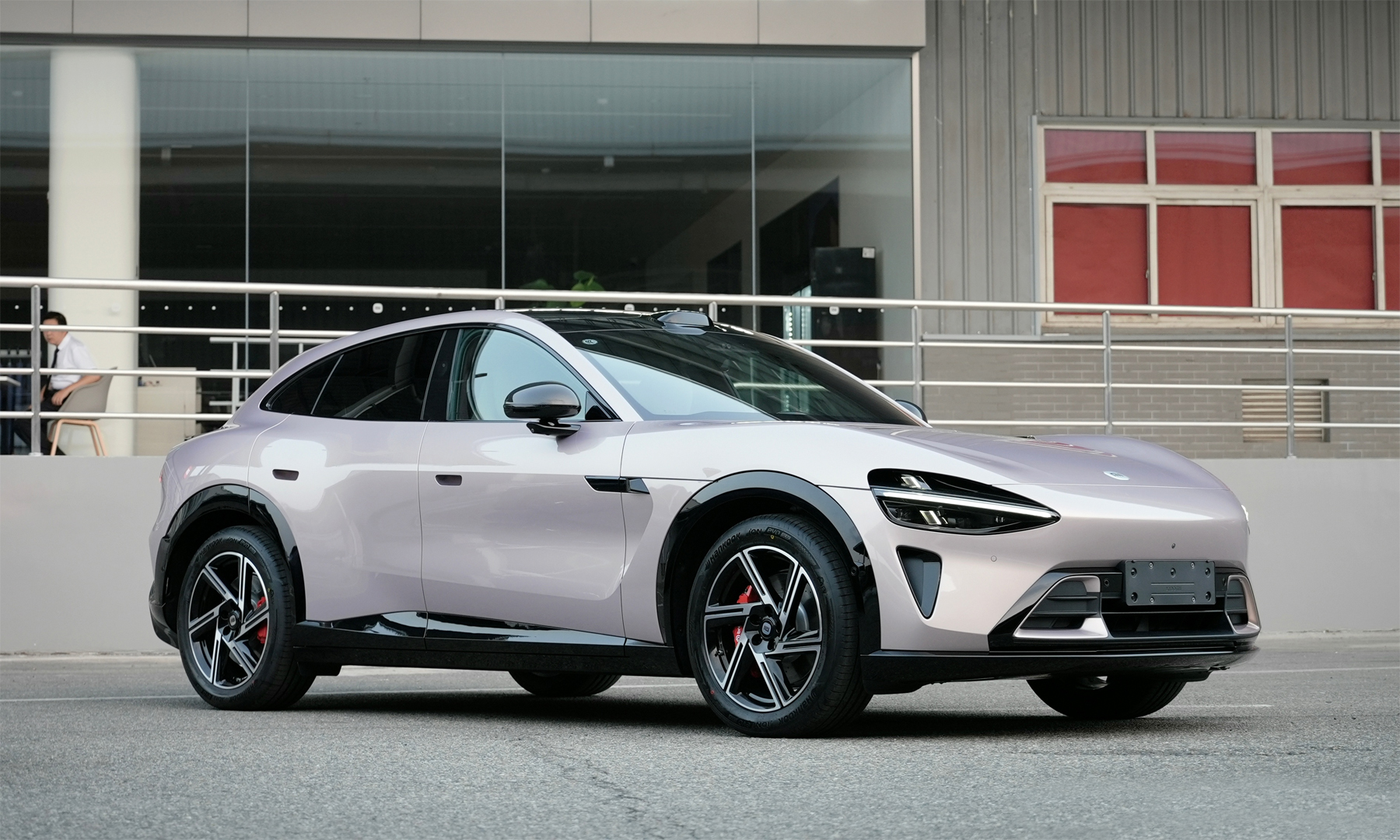 |
Xiaomi YU7 electric SUV. Photo: PoisonDot |
Xiaomi YU7 electric SUV. Photo: PoisonDot
Li highlighted three key differentiating factors. First is the operating environment. Consumer electronics typically operate in stable indoor environments, while vehicles face harsh conditions such as extreme heat and cold, rain, snow, dust, collisions, and vibrations.
Automotive-grade chips are designed to operate reliably in temperatures ranging from -40°C to 150°C, while consumer chips are rated for a much narrower range of 0°C to 70°C. Automotive materials must also be resistant to high temperatures, corrosion, and condensation.
The second factor is lifespan. Consumer electronics have short refresh cycles, with chips often designed for a lifespan of 3 to 5 years. Vehicles, however, can be used for 10 to 15 years or even longer. Automotive chips require suppliers to guarantee a stable supply for over 10 years, with high consistency across different production batches, necessitating multi-batch AEC-Q validation.
Finally, there's the safety margin. Unlike mobile phones, cars carry passengers at high speeds, and a single component failure can have fatal consequences. Consumer chips allow for a failure rate of up to 500 PPM (parts per million), meaning 500 failures per million units. In contrast, automotive-grade chips typically have a failure rate below 1 PPM.
The Xiaomi YU7 is not the first vehicle to utilize non-automotive grade chips. Nearly a decade ago, Tesla began experimenting with similar components, although the company faced recalls due to overheating issues with the chips. The high sales of the YU7 raise the question: should consumers purchase smart vehicles with cockpits controlled by consumer-grade chips?
Professor Zhu Xichan from the Automotive Department of Tongji University (Shanghai) explained that a car contains approximately 1,000 chips. For safety-critical components that could impact property or life, chips must undergo AEC-Q100 and ISO 26262 safety certifications, qualifying them as "automotive grade." However, for non-safety-critical components, only AEC-Q100 environmental resistance and lifespan testing are necessary.
A common assumption is that the Snapdragon 8 Gen 3 mobile processor, released in late 10/2023, would typically require at least a year to receive automotive-grade certification. Therefore, its rapid integration into vehicles this year suggests direct use without full automotive-grade SoC certification.
In reality, some automakers have adopted more advanced and cost-effective consumer-grade chip solutions for non-safety-critical modules (i.e., features unrelated to safety systems).
Professor Zhu Xichan clarified that chips not requiring functional safety certification cannot be accurately termed "automotive grade." However, he cautioned against considering them entirely equivalent to "consumer electronics chips,". Non-automotive grade chips used in cars must still pass AEC-Q100 tests, as consumer electronics have lower environmental temperature ranges and lifespans than automotive requirements.
Xiaomi has not explicitly stated whether the Snapdragon 8 Gen 3 chip has passed the AEC-Q100 test, but they have announced that the YU7’s motherboard passed the automotive-grade AEC-Q104 test.
My Anh (CarNewsChina)




